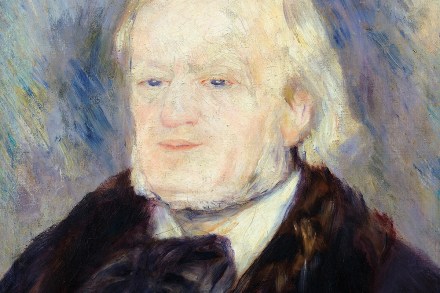A major operatic rediscovery: Birmingham Opera Company’s New Year reviewed
This prophecy Merlin shall make, for I live before his time. One of the most thrilling aspects of the Tippett revival has been the discovery that his late masterpieces seem to have been fitted with a four-decade time-fuse. Works that prompted bafflement in the 1970s and 1980s, and then sat there for years looking like duds, are suddenly acquiring their targets. A quarter of a century after Tippett’s death, they’re blinking into life, locking on, and detonating in huge, psychedelic sunbursts of precision-targeted beauty and truth. Once you treat Tippett’s characters as people rather than symbols, the rest falls into place In the case of Tippett’s last opera New Year,




















